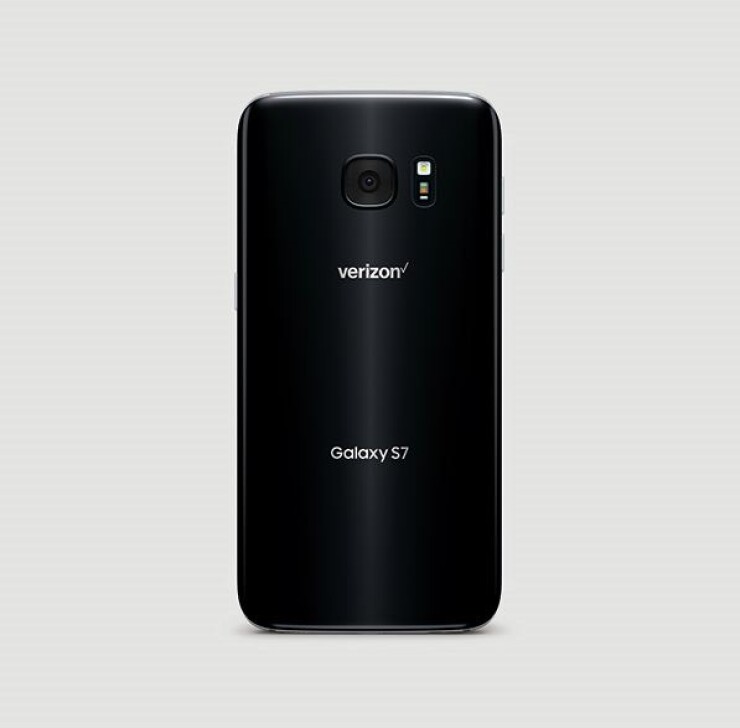Verizon is readying another $1.3 billion of bonds backed by contract payments on customer cellphones, a new asset class that has proven popular with investors because of its high payment priority and potential for sizable issuance.
This is Verizon’s fourth deal overall; to date it is the only carrier in the U.S. to securitize handset financing, though bankers estimate annual issuance could grow to $15 billion to $20 billion a year once other carriers follow suit. Securitization offsets the increasing expense of allowing customers to pay for smart phones and tablets in installments, often with no down payments.
The senior tranche of notes to be issued through Verizon Owner Trust 2017-2 is provisionally rated AAA by Fitch Ratings. Credit enhancement of 29.55% is slightly lower than 30.71% in the previous deal, completed in March. There are also two subordinated tranche of notes rated AA and A; all three tranches mature in 2020.

Overall, the credit quality of pool of collateral is similar to that of Verizon’s previous deal, completed in March, according to Fitch. These plans have initial terms of 24 months, weighted average remaining installments of 20 months and a weighted average FICO of 706. Fitch considers 32% to be subprime.
There’s one caveat: customer tenure is an important credit metric in this market, and while the weighted average tenure is in line with previous transaction, at 91 months, exposure to “recurring credits,” or repeat customers, is significantly lower, at 16.7% of receivables compared to 33.9%. This reflects the fact that Verizon is attracting new customers, according to Fitch.
The rating agency expects 3.9% of the contracts to default, in its base case scenario. That’s actually slightly lower than the 4.1% of contracts in the previous deal that it expects to default, reflecting a slightly different mix of customer tenures.
However, Fitch is keeping a close eye on recent vintages of customers with six months or less of tenure, which are defaulting at a higher rate than it initially expected. In 2015, Verizon started offering device payment plans to customers with shakier credit, though it often requires a down payment.
In analyzing the previous 2017-1 transaction, Fitch increased its loss assumption for customers with less than six months’ tenure by 0.50% to reflect the slightly riskier borrower base, the presale report states. Fitch has maintained the same default assumptions for 2017-2 and continues to monitor the performance of this segment as it “appears most susceptible to continued weakening, while the effect on other tenure buckets appears to be less pronounced.”
On a positive note, insured receivables are up to 63.4% in this transaction from 50.4% the previous transaction. This tends to reduce risk because customers without insurance may have to pay off two phones simultaneously if they lose or break theirs and have to purchase a replacement.





